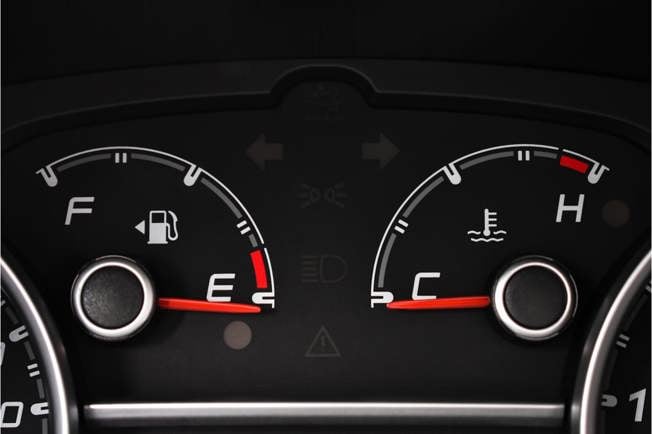What to do when your fuel warning light comes on
By Alex | 9th May 2025
Mon-Fri 9am to 5.30pm
Catch all the latest news from Nationwide Vehicle Contracts from leasing information and car launches to international shows, FAQs and more.

By Alex | 9th May 2025
Your petrol warning light on? Stay calm, drive smart, and read our blog to discover expert advice.

By Fergus | 7th May 2025
RAC report shows only 3% of England’s roads were maintained last year. Here’s what that means for drivers.